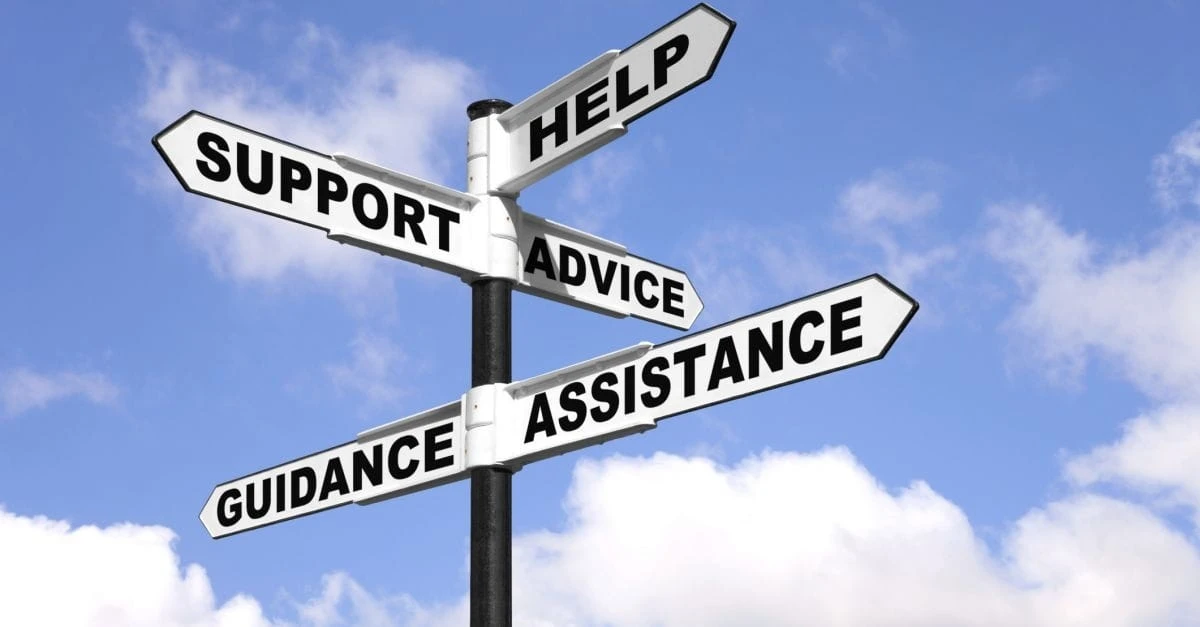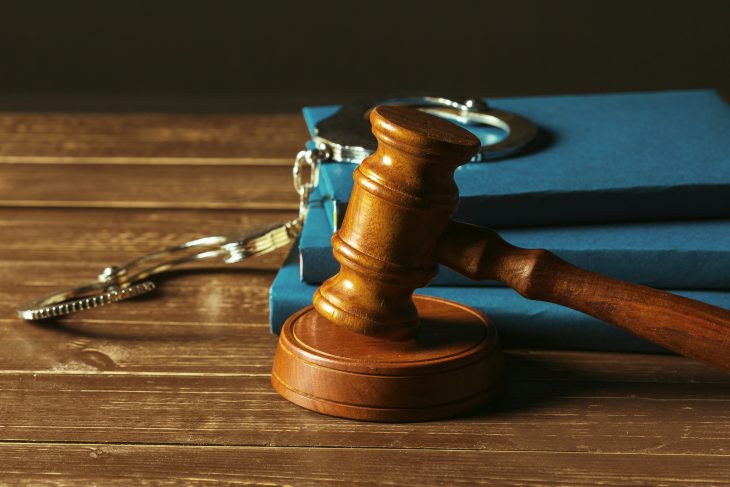
If you are a victim of a crime abroad, you may wonder what to do next. While the local police can provide assistance in many cases, your best bet is to contact the consulate or embassy in the country. These offices have staff members familiar with the local legal system, and can help you obtain information about your case. They may be able to help you get in touch with prosecutors and court officers, and can even identify a point of contact to assist you in the proceedings. Even though the legal process can be intimidating, consular officers can assist victims in making their case as simple as possible.
If you are an American victim of a crime overseas, the State Department can help. Consular staff, attorneys, and consular officers can help you deal with local criminal justice systems, and can refer you to a lawyer who speaks your native language. In some cases, victim compensation programs in the country can assist you. While there is an international treaty that allows victims of crimes to talk to embassy staff in the local language, some countries do not follow it.
U.S. citizens who are victims of a crime abroad can seek assistance from the United States embassy in the country where the crime took place. Calling the embassy’s 24-hour duty program is a good way to access assistance and get help, but the embassy may be closed on weekends or holidays. In those cases, the consular officer may contact your next-of-kin.
After the crime has occurred, you may experience intense feelings of guilt, anxiety, and isolation. The stress caused by the crime can make it difficult for you to think rationally, make decisions, or even focus, and even remember details. Your physical and emotional symptoms will diminish over time, but some may need professional assistance to manage their emotions. Visiting a consulate or embassy can also help you find the offender.
Identifying victims’ needs is essential. It’s vital to ensure that victims receive effective services, which will address their unique needs. Moreover, effective case management is critical in identifying the services that will be most helpful. This will allow victims to get the care they need in a timely manner. But what if you are a U.S. citizen and you have experienced a crime abroad?
Contacting the local police in the country you’re visiting may seem daunting, but it’s vital for you to do something in case you’re a victim. Victims of crime in Denmark are entitled to receive a legal advocate, but victims of crime in another EU country cannot get their own. Fortunately, you can get a legal advocate while in Denmark, but make sure that you have a legal representative with you to represent your interests.










